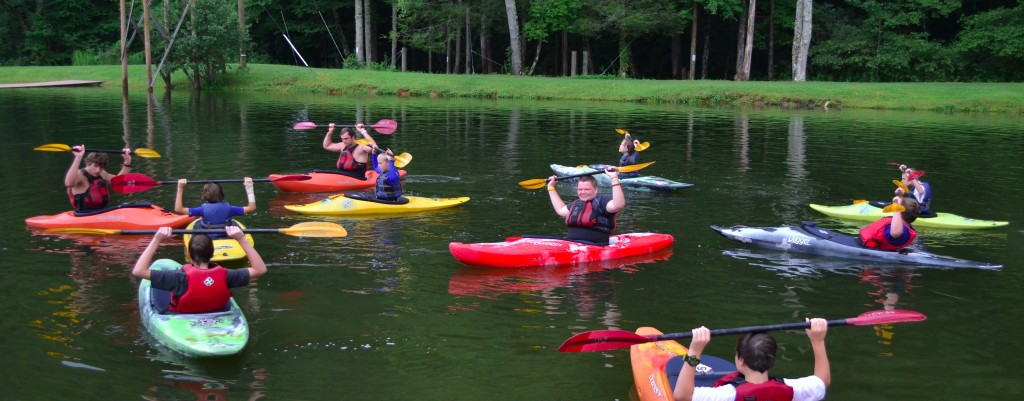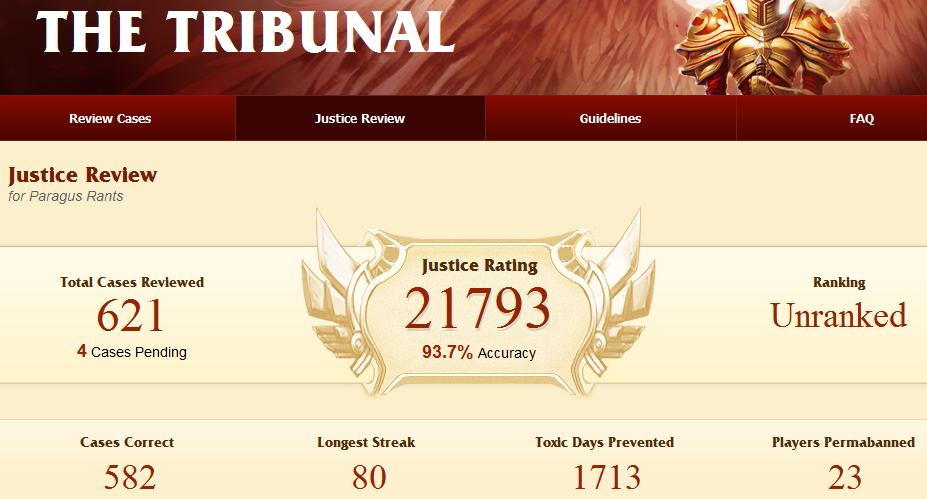Level-up Your Enthusiasts: Top 3 Elder Game Hacks

Recently I wrote about why an Elder Game can be a powerful way to drive long-term engagement Here are some concrete tips for creating your own.
Imagine you’re the director of a well-run, idealized summer camp that’s secretly a role-playing game to empower learning and mastery. How would you describe the basic camp roles, rules and goals in gaming terms?
- Campers (players) are there to participate in activities they’ve chosen and develop skills and character
- Staff (game-masters, counselors, teachers) are there to help campers develop their skills, find their passions, resolve disputes, and have a great time
- The Rules are simple: have fun, be respectful, don’t disrupt other people’s fun. They’re clear, visible and easy to understand. People who consistently break the rules don’t get to play.
- The Goal for Campers to have fun and develop their skills and character
- The Goal for Staff is to create an experience that Campers want to return to year after year
Some campers come once or twice, then decide it’s not for them. Others – let’s call them Regulars – fall in love with the experience, and return year after year.
A subset of hard-core Regulars stands out from the rest. These Enthusiasts are dedicated, focused and sometimes just a touch crazy 🙂 At camp, they avidly develop their talents, master an activity, and max-out their learning opportunities (AKA they’re level-capped).
That’s where an Elder Game comes in. It offers a new type of earned challenge or activity that wasn’t available at lower levels. At our idealized summer camp, the Elder Game is to help run the Camp – either as a staffer or volunteer. Enthusiastic campers have the opportunity to level-up and become counselors or teachers at their beloved camp.
How can you leverage this dynamic to keep your Enthusiasts engaged and happy?
HACK 1: Create roles that leverage Enthusiasts’ earned skills and knowledge
More than anything, Enthusiasts want to showoff their hard-won skills and knowledge. Depending on the game, you might create one or more of these Elder Game roles:
- Champions develop their talent, excel at their chosen activity, and become the stars and local celebrities of camp.
- Teachers create and run programs and classes to develop their student’s talents
- Greeters help newcomers feel welcome and answer their questions
- Mentors select promising newcomers and share knowledge and resources with them
- GameMasters keep the camp running and settle disputes
- Curators (AKA Editors) highlight excellence – they judge contests, create playlists, mount shows
To choose the right Elder Game role for your community, ask yourself:
- what skills and knowledge are Enthusiasts accumulating that could benefit the greater community?
- what kind of roles are Enthusiasts asking for? What are they eager to do?
- what does the community staff currently do that could be handled by Enthusiasts?
The answers will clue you into what makes sense for your situation. And if you don’t have any Enthusiasts yet – it’s too early to for your Elder Game.
HACK 2: Create a “forever loop” to keep advanced players engaged
Once you’e identified Elder Game roles for your players, create a Core Loop with the potential to keep them engaged indefinitely. Make sure the central activity that drives your loop (plus any associated content) is both compelling and ongoing.
A great example of a “forever loop” Elder Game is Lineage, an early Korean MMO created by Jake Song for NCsoft. Like most MMOs, Lineage was built around a level-and-combat-based core loop:
kill monsters –> gain XP & Levels –> kill bigger monsters
As we know, mastering the grind can be compelling – bur after a while it gets repetitive and tiresome. Out of necessity and resourcefulness, Lineage developed a “capture-the-flag on steroids” elder game. High-level groups of players could band together and gain access to an entirely different game – a meta-game – whereby they could raid a neighboring village, obtain the magical chalice in their central building, and then tax the citizenry. If a group managed to do this, their own castle would become vulnerable – thus setting off the friendly “I’ll get you back” competition that drives spectator sports and online game tournaments.
I learned the ins-and-outs of Castle Raiding when I worked for NCsoft on Lineage 2. This this is still one of the best examples I’ve seen of a well-done Elder Game. Consider this: launched in 1998, Lineage is still NCsoft’s most profitable game, 15 years later – Guild Wars comes in a distant second.
In a gaming world with property rights, group powers, smart objects, and virtual economies, you can truly do magical things. 🙂
HACK 3: Empower Enthusiasts to help manage your community / have real impact
You may have noticed that casual games like Candy Crush, Angry Birds, and Farmville don’t have much of an Elder Game. They have robust, highly-tuned Onboarding and Habit-Building – because they’re designed to convert and monetize. “The grind” has just enough variation and escalating challenge to keep you hooked. For awhile.
Then, like any grind, it loses it’s luster. Most people stop playing and move on after a few weeks or months. Without something socially interesting to do, it’s very hard to drive longterm engagement.
 Contrast that with skill-based communities like League of Legends (online game) or Stack Overflow (Q&A site) that created systems to empower Enthusiasts to help manage the community. Nothing is more satisfying to an Enthusiast than having real, tangible impact on the world – or gameworld. Recently, League of Legends found itself overrun with negative behavior and griefing, and needed to quickly scale player management operations. So they created the Tribunal – a group of trusted players who were empowered to triage abuse reports, and settle the simple ones.
Contrast that with skill-based communities like League of Legends (online game) or Stack Overflow (Q&A site) that created systems to empower Enthusiasts to help manage the community. Nothing is more satisfying to an Enthusiast than having real, tangible impact on the world – or gameworld. Recently, League of Legends found itself overrun with negative behavior and griefing, and needed to quickly scale player management operations. So they created the Tribunal – a group of trusted players who were empowered to triage abuse reports, and settle the simple ones.
These players serve as the first line of defense for internal Customer Support. They can rotate in and out of the role – which creates a Forever Loop for longtime Enthusiasts who enjoy playing judge and jury.
If you’re developing a community-based property, think hard about how to empower your most avid, loyal customers and give them a meaningful social role – one that can transform them from “over it” to “into it.”